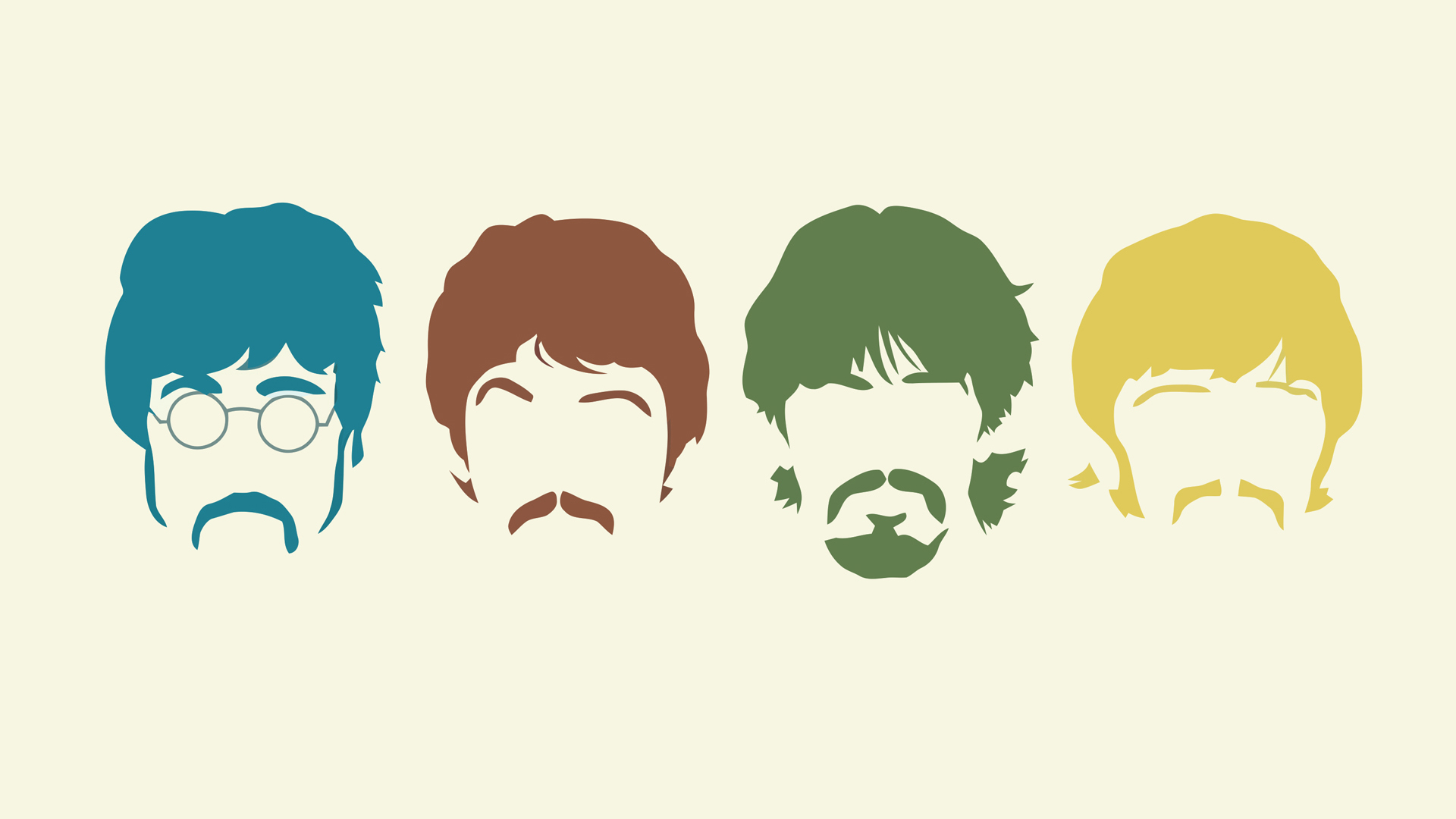Introduction
In the kaleidoscope of 1969’s musical landscape, The Beatles crafted the enigmatic “Come Together.” Released as part of their iconic “Abbey Road” album, this psychedelic masterpiece invites listeners into a world where lyrical mystique and musical brilliance converge. Join us as we unravel the layers of “Come Together.”
Did You Know?
Did you know that “Come Together” emerged during the Beatles’ creative zenith and was originally conceived as a campaign song for Timothy Leary’s bid for governor of California? Though the political connection faded, the song’s magnetic allure endured, making it a timeless emblem of the Beatles’ experimental and innovative spirit.

Video
Lyrics: Come Together
Here come old flat-top, he come groovin’ up slowly
He got ju-ju eyeball, he one holy roller
He got hair down to his knee
Got to be a joker, he just do what he please
He wear no shoeshine, he got toe-jam football
He got monkey finger, he shoot Coca-Cola
He say, “I know you, you know me”
One thing I can tell you is you got to be free
Come together, right now
Over me
He bag production, he got walrus gumboot
He got Ono sideboard, he one spinal cracker
He got feet down below his knee
Hold you in his armchair, you can feel his disease
Come together, right now
Over me
Right!
Come, come, come, come…
He roller-coaster, he got early warnin’
He got muddy water, he one mojo filter
He say, “One and one and one is three”
Got to be good-lookin’ ’cause he’s so hard to see
Come together, right now
Over me
Ugh!
Come together, yeah
Come together, yeah
Come together, yeah
Come together, yeah
Come together, yeah
Come together, yeah
Come together, yeah
Agh!
Come together, yeah
Come together, yeah
Come together…
Post navigation
The Beatles – Get Back Wham! – Last Christmas
